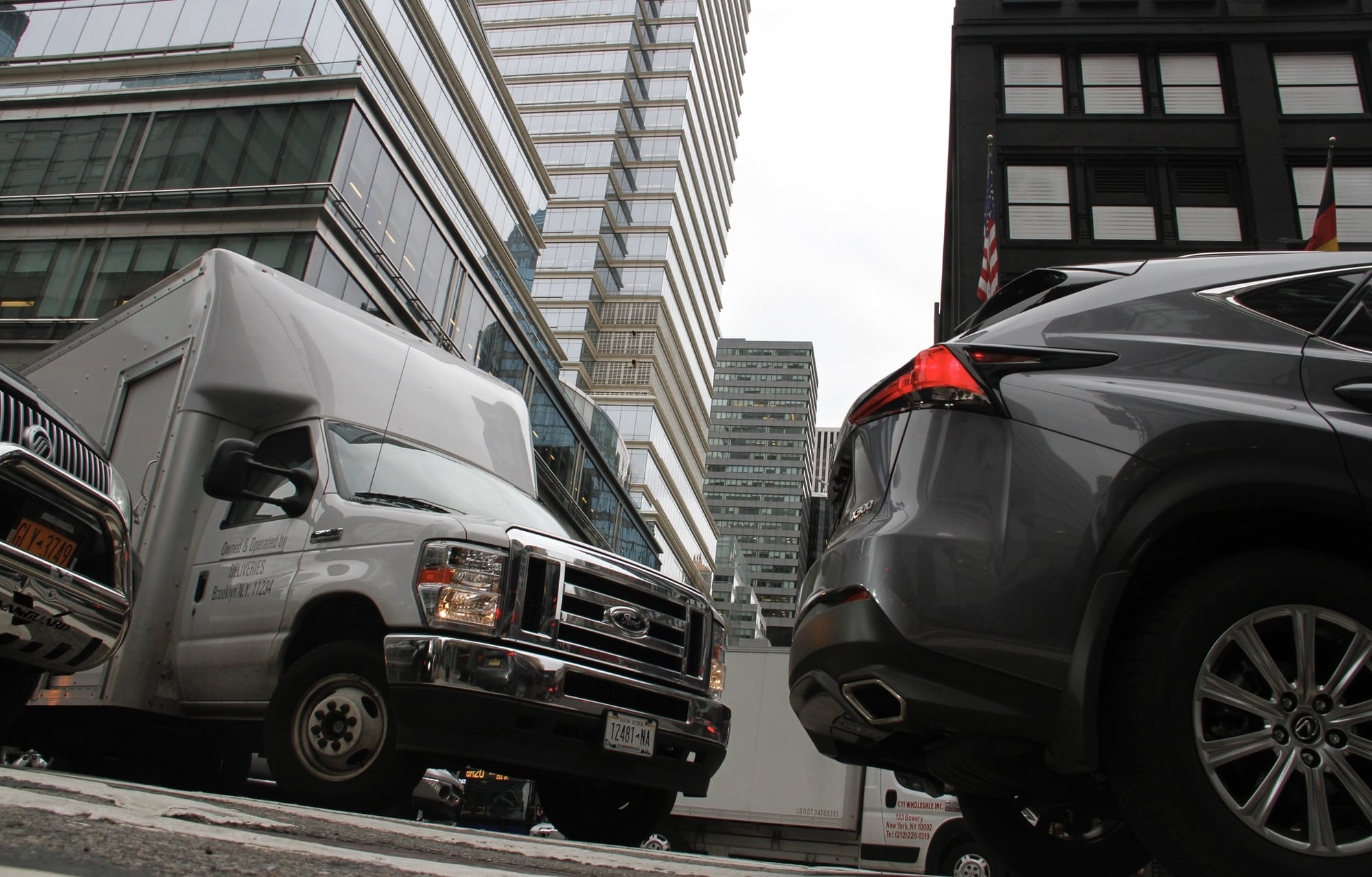Car accidents can happen for many reasons, and often the cause is a vehicle defect. Vehicle defects come in many forms, from faulty brakes to poor design, and each one can lead to an accident. These types of accidents can be incredibly devastating for those involved and can lead to extensive injuries and an arduous recovery. The following are some of the most common types of vehicle defects and how they can contribute to car accidents.
Defective Brakes
Defective brakes are a significant contributor to vehicle accidents. A fault in the braking system, such as worn-out brake pads or complete brake failure due to manufacturing issues, can prevent a driver from stopping or slowing down the vehicle when needed, resulting in a potential collision. This highlights the importance of regular brake maintenance and immediate attention to any warning signs, as taking proactive measures can help mitigate this risk and ensure the safety of both the driver and others on the road.
Faulty Airbags
Airbags play a critical role in safeguarding lives during collisions. These life-saving devices are designed to deploy swiftly, reducing the impact and minimizing the risk of severe injuries. However, it is important to acknowledge that defective airbags can compromise this essential safety feature. On some occasions, airbags may inflate prematurely, potentially causing the driver to lose control. Conversely, there are instances when airbags fail to deploy during a crash, exposing occupants to greater harm. Various factors, such as manufacturing defects, improper installations, or natural aging of the airbag system, can contribute to airbag failure. Ensuring the reliability and effectiveness of airbags is crucial for protecting lives on the road.
Tire Blowouts
A tire blowout while driving can result in severe accidents. Defective tires, caused by factors like subpar manufacturing, inadequate design, or failure to warn of potential hazards, can unexpectedly burst, leading to loss of vehicle control, especially at high speeds. Such incidents can have devastating consequences not only for the driver but also for others on the road. By implementing proactive measures, we can significantly mitigate the risks associated with tire blowouts and enhance overall road safety. However, despite regular checks and maintenance, tire blowouts may still occur. In such cases, it is crucial to be aware of your rights and consult experienced legal professionals for guidance.
Faulty Electrical Systems
Vehicle electrical systems play a crucial role in ensuring the safe and efficient operation of our vehicles. A well-functioning electrical system is essential for powering various components and systems within the vehicle. However, when defects occur in the electrical system, the consequences can be severe, posing risks to both vehicle performance and overall road safety. Defective wiring, for example, can lead to intermittent electrical connections or even complete failures, causing the vehicle to suddenly cut out while driving. This sudden loss of power can be extremely dangerous, as it may result in a loss of control and increase the risk of a crash. Similarly, faulty fuses or malfunctioning circuit boards can disrupt the flow of electricity, leading to various issues such as engine misfires, erratic instrument panel readings, or even complete system failures.
Malfunctioning lights or gauges can significantly impact visibility for drivers, especially in poor lighting conditions. Dim or non-functional headlights, taillights, or turn signals can make it difficult for other drivers to see the vehicle, increasing the risk of accidents. Additionally, inaccurate or unresponsive gauges, such as fuel, speedometer, or temperature gauges, can prevent drivers from promptly recognizing and responding to critical road situations.
Auto-Pilot Issues
As technology continues to advance at a rapid pace, innovations in the automobile industry have also evolved, bringing forth groundbreaking features like auto-pilot systems. These systems are specifically designed to enhance convenience and safety for drivers by taking control of certain aspects of the vehicle’s operation. However, amidst these exciting advancements, it is crucial to acknowledge and consider the potential risks associated with such technology.
One of the potential risks lies in the possibility of defective or malfunctioning auto-pilot systems. In such cases, the system may fail to accurately detect obstacles or respond appropriately in critical road conditions, potentially leading to dangerous situations on the road. This highlights the importance of thorough testing and continuous improvement to ensure these systems perform reliably and effectively.
Certain electric vehicles, such as many of Tesla’s vehicles, offer a full self-drive auto-pilot feature that goes beyond just assisting with certain driving functions. These advanced systems can fully control the vehicle, including making turns and stopping at traffic lights. When auto-pilot systems or self-driving features malfunction, the consequences can be catastrophic, affecting not only the driver of the vehicle but also other drivers on the road. This highlights the need for ongoing vigilance, monitoring, and improvement in the development and implementation of these technologies to ensure the safety of all individuals on the road.
How Can a Car Accident Lawyer Help Me?
At Sigal Law Firm, we understand the importance of seeking legal advice when you’ve been involved in an accident caused by a vehicle defect. Our experienced car accident lawyers can provide insight into your rights and guide you through the process of filing a claim to seek compensation from any liable parties. Dealing with a defective vehicle case is far more challenging than just a straightforward car accident case. There are many factors to consider, and our team has the experience necessary to not only advise you and represent you throughout your case but to help you succeed! Contact us today at 248-671-6794 for a free consultation!















